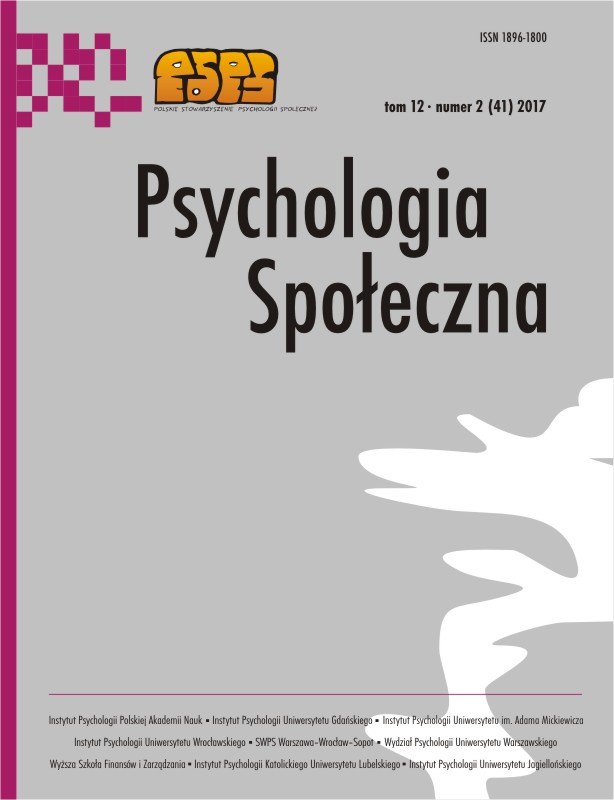Rola zasobów osobistych i społecznych w kształtowaniu poczucia jakości życia u nastolatków – wychowanków domów dziecka
The role of personal and social resources in the development of a sense of the quality of life in adolescents-children’s homes
Author(s): Nina Ogińska-Bulik, Magdalena KobylarczykSubject(s): Psychology, Individual Psychology, Social psychology and group interaction, Behaviorism
Published by: Wydawnictwo Naukowe Scholar Sp. z o.o.
Keywords: self-esteem;resiliency;social support;quality of life;adolescents – children’s homes
Summary/Abstract: Staying in an children’s home is treated as a factor of undermining the proper development of an individual. It can lead to symptoms of inadaptability and a reduced sense of quality of life. The process of adaptation to the adverse situation in life requires an individual having the resources, both personal and social. The aim of the study was to determine the relationship between personal and social resources and a sense of the quality of life of young people, who lived in children’s home. Among the personal resources they included resiliency and self-esteem. Received social support was considered as a social resource. The study involved 60 adolescents (29 boys and 31 girls) aged 11–17 years (M =14.2; SD =2.0), staying in children’s home. It was assumed that young people presenting a higher level of resiliency and receiving more social support will also be presenting a higher sense of quality of life, or show more signs of adapting to that new, unfavorable situation, as staying in a children’s home is. 4 measurement tools were used in the study: the Quality of Life Questionnaire for Children and Youth, Self-Esteem Inventory, Scale to measure resiliency – SPP-18 and Social Support Scale. Correlation analysis indicates significant positive relations between sense of the quality of life of self-esteem, resiliency, and obtained social support. Stronger associations are concerned with personal resources than social ones. Self-esteem proved to be an important (and only) predictor of a sense of quality of life, explaining 34% of the variance of the dependent variable. The results of the conducted study among persons living in children’s homes, indicate that the personal resources play more important role for the sense of quality of life than those obtained social support.
Journal: Psychologia Społeczna
- Issue Year: XII/2017
- Issue No: 41
- Page Range: 175-184
- Page Count: 10
- Language: Polish

